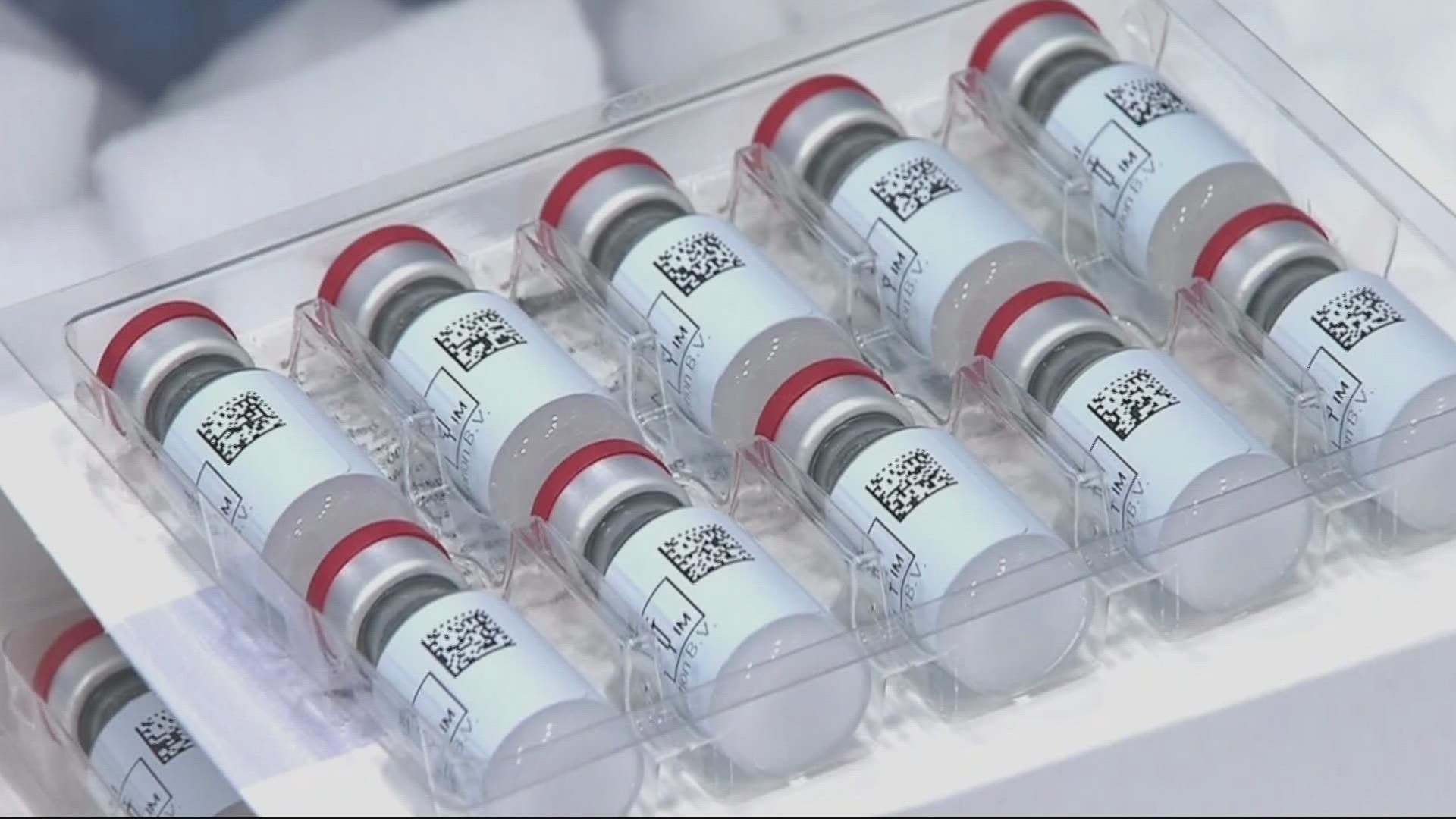PORTLAND, Ore. — Seniors living in nursing homes and long-term care are among the most vulnerable in Oregon, especially when it comes to COVID-19. That’s why the state made a concerted effort to help seniors get vaccinated when the shots were first made available late last year.
Since the COVID-19 booster shots were authorized earlier this fall, the state has been much more hands-off. Despite the change of approach, OHA data shows about 16,000 seniors in those settings are eligible for the booster but only half have gotten it. That is close to the national average, according to the CDC’s website.
It’s still a surprise to some families with loved ones in care facilities that have not yet taken steps to get their residents booster shots. One person emailed KGW to express their frustration. This person asked to remain anonymous over fear of retaliation against a loved one in a care facility.
“It boggles my mind that the State made such an effort to get this vulnerable population vaccinated first, but now that Delta and Omicron are out there, they seem to be absent when it comes to ensuring that boosters are available to people in long-term care facilities and other conjugate care settings," the person wrote.
The Oregon Health Authority was not available for an interview but sent a statement saying it was indeed very involved with the initial roll out of the vaccine:
“The state worked with the federal long-term care vaccine program on the rollout plan; three pharmacies were designated to provide the vaccine to residents and staff of licensed long-term care facilities through this federal program," the statement said.
"Under that plan, all nursing, assisted living and residential care facilities licensed by the ODHS Office of Aging and People with Disabilities (APD) were scheduled to receive initial vaccine clinics for first and second doses over a period of about five months. After those initial clinics, facilities were required to establish vaccine maintenance plans to provide vaccine as staff and residents turn over. The state provided information and referrals to vaccine providers to support facility vaccine maintenance plans.”
OHA said long-term care facilities should use those connections now in order to get boosters for their residents.
“All long-term care facilities are able to work through the existing pharmacy relationships that they have as part of their required vaccine maintenance plans.”
Nationally, 50 million people of all ages have received a booster, according to the White House.
Dr. Rochelle Walensky, director of the Centers for Disease Control, talked Friday about a recent study in the New England Journal of Medicine comparing those fully vaccinated against those who also had a booster.
“In one study, for those who were boosted and over the age of 50, there was a 90% decrease in mortality from COVID-19 compared to those who did not receive a booster,” she said.
The bottom line: the boosters are working well against all forms of COVID-19. Whether you are a senior or not, if you got your last shot in June — it’s time to get the booster.

